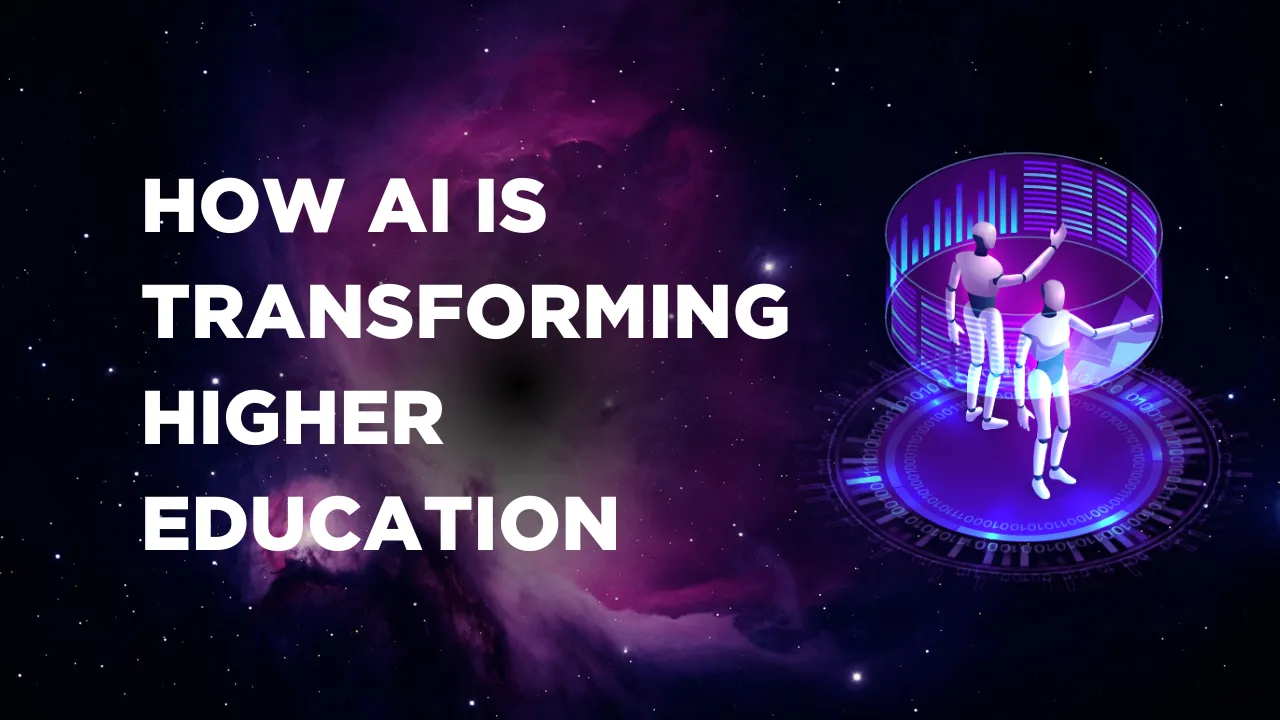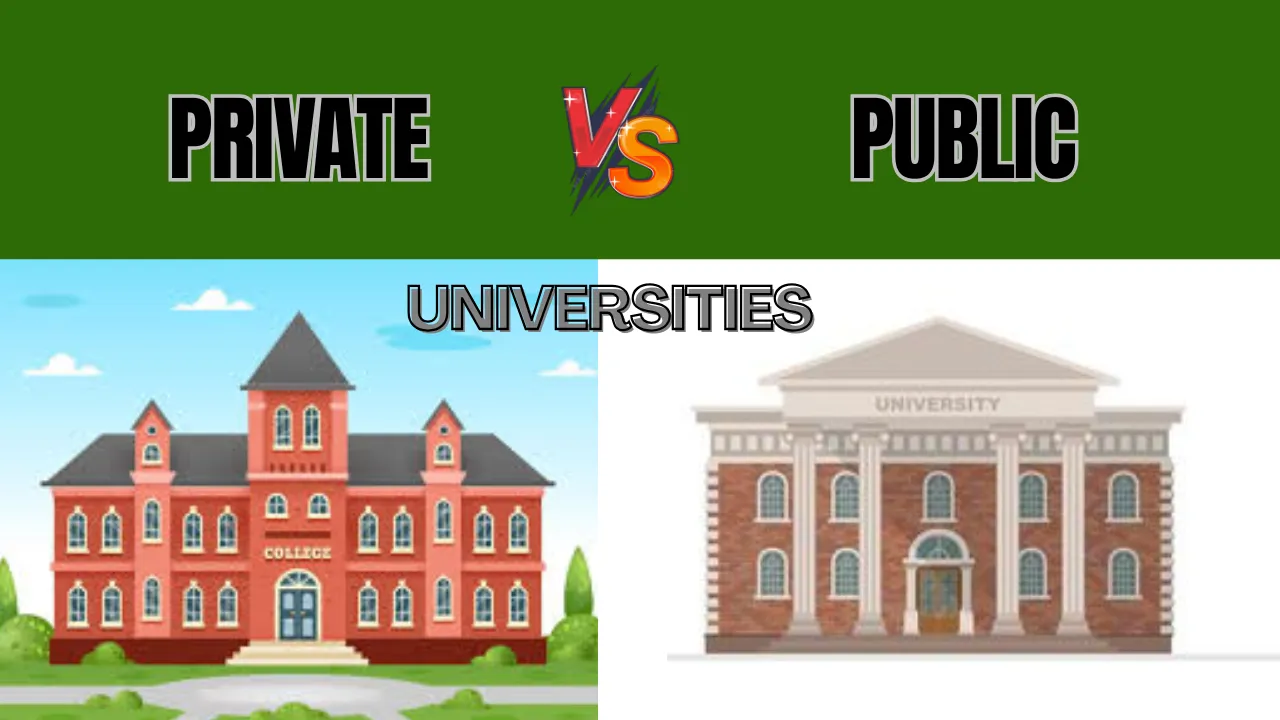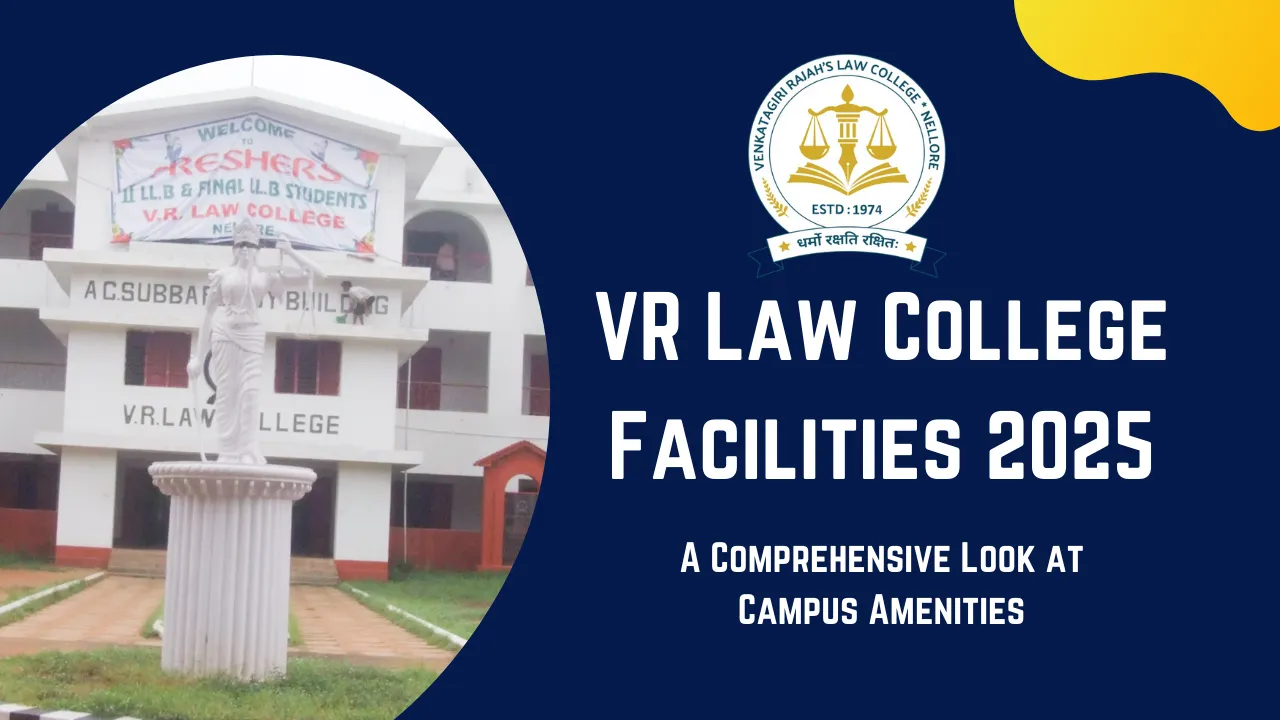Online Degrees vs. Traditional Degrees: Online Degrees vs. Traditional Degrees is a popular topic in today’s fast-changing education world. As more people turn to digital platforms for learning, the debate between online and traditional education continues to grow. With flexible options and new learning styles, students now have more choices than ever before.
This article provides a detailed comparison of online degrees vs. traditional degrees. We’ll look at the key differences in flexibility, cost, learning experience, recognition, and career outcomes. Whether you’re a student looking to choose the right path or a parent helping your child, this guide will help you make an informed decision.
Flexibility and Convenience
One of the biggest advantages of online degrees is their flexibility. Students can attend classes from anywhere and study at their own pace. This is perfect for working professionals, parents, or those with busy schedules. Online learning allows learners to balance education with personal and professional responsibilities.
In contrast, traditional degrees require students to attend classes in person. This often means sticking to a fixed schedule, commuting to campus, and sometimes relocating. While this works well for many, it may not suit everyone, especially those who need a more adaptable routine.
Cost and Affordability
When it comes to cost, online degrees often win. Many online programs have lower tuition fees, and students save on housing, travel, and campus-related expenses. Some institutions even offer financial aid or pay-as-you-go plans, making online education more accessible.
On the other hand, traditional degrees usually come with higher costs. Besides tuition, students need to pay for books, accommodation, meals, and other on-campus services. However, traditional colleges may offer scholarships, work-study programs, and alumni networks that can support long-term career growth.
Learning Environment
The learning environment is a major difference between the two formats. In online degrees, students use digital tools such as videos, discussion boards, and interactive platforms. This mode supports independent learning but requires self-motivation and time management.
Traditional degrees offer in-person interaction with teachers and classmates. This setting allows for real-time feedback, group discussions, and hands-on activities. Many students find this method more engaging and easier to understand.
Accreditation and Recognition
A common concern is whether online degrees are as respected as traditional ones. Today, many online programs are offered by well-known and accredited universities. As long as the school is recognized, an online degree can hold the same value in the job market.
However, some employers may still prefer traditional degrees, especially for roles requiring hands-on experience. Fields like medicine, engineering, or performing arts often demand in-person training, making traditional education more suitable for such careers.
Career Opportunities
Both online degrees and traditional degrees can lead to successful careers. What matters most is the field of study, skills gained, and the reputation of the school. Online graduates often bring strong time management and tech skills, which are valuable in modern workplaces.
In some industries, traditional degrees may offer better networking and internship opportunities. Being on campus makes it easier to attend job fairs, meet recruiters, and build personal connections that help in job hunting.
Technology and Resources
- Online Degrees:
- Access to digital libraries, webinars, and cloud-based tools.
- Recorded lectures available anytime for review.
- Virtual collaboration tools like Zoom or Google Meet.
- Some platforms offer AI tutors and instant feedback.
- Access to digital libraries, webinars, and cloud-based tools.
- Traditional Degrees:
- On-campus labs, libraries, and physical classrooms.
- Face-to-face mentoring and academic support.
- Clubs, societies, and other extracurricular activities.
- Real-time interaction with faculty and peers.
- On-campus labs, libraries, and physical classrooms.
Student Support and Engagement
Another key factor in online degrees vs. traditional degrees is the level of support. Online learners may face isolation or lack of motivation. However, many programs now offer virtual advising, mental health services, and online communities to stay connected.
In traditional education, students benefit from in-person counseling, academic guidance, and peer interaction. They can join clubs, attend workshops, and take part in group projects, helping them feel more involved and supported.
Suitability Based on Learning Style
Every student learns differently. Online degrees are great for self-driven learners who prefer studying alone and using digital tools. They’re best for people who are disciplined and comfortable with technology.
Traditional degrees work well for students who thrive in group settings and enjoy direct interaction with teachers. If you need structure and regular feedback, a traditional classroom might be more effective.
Pros and Cons Summary
- Pros of Online Degrees:
- Flexible and self-paced
- More affordable
- Accessible from anywhere
- Suitable for working adults
- Flexible and self-paced
- Cons of Online Degrees:
- Limited social interaction
- Requires strong self-motivation
- Some fields not suitable
- Limited social interaction
- Pros of Traditional Degrees:
- In-person support and engagement
- Strong networking and social life
- Better suited for hands-on training
- In-person support and engagement
- Cons of Traditional Degrees:
- Higher cost
- Less flexible schedule
- Requires commuting or relocation
- Higher cost
FAQs
Are online degrees valid and recognized?
Yes, as long as they are from accredited institutions, online degrees are valid and accepted by most employers.
Which is cheaper, online or traditional degrees?
Online degrees are generally cheaper due to fewer overhead costs and no need for on-campus living.
Can I get a job with an online degree?
Yes, many companies hire graduates from online programs, especially in tech, business, and design fields.
Is it harder to study online?
Online learning requires good time management and discipline but is not harder if you stay focused.
Do employers prefer traditional degrees?
Some employers may prefer traditional degrees for certain roles, but many value skills and experience over the mode of education.
Final Thought
Choosing between online degrees vs. traditional degrees depends on your goals, lifestyle, and learning preferences. Both have their strengths and can lead to a successful future. Share your thoughts in the comments, and if you’re exploring your educational path, don’t forget to check your academic horoscope or browse related content for inspiration!












